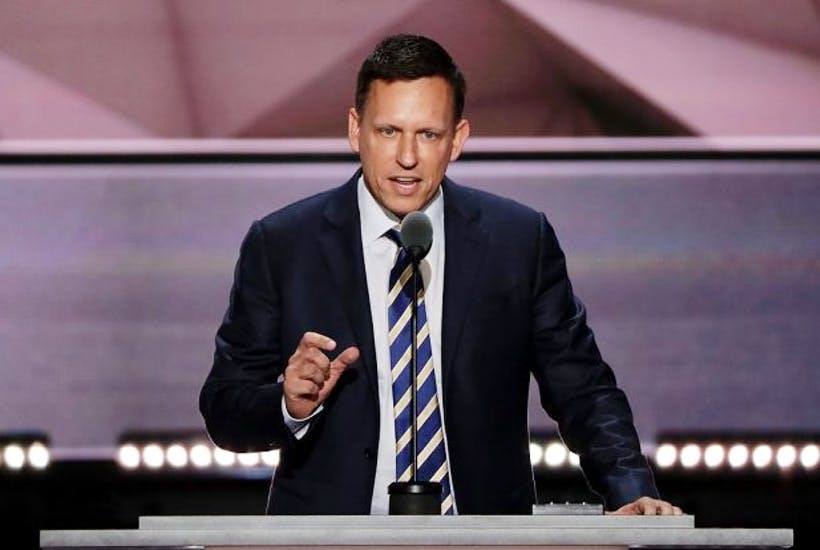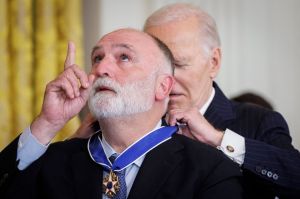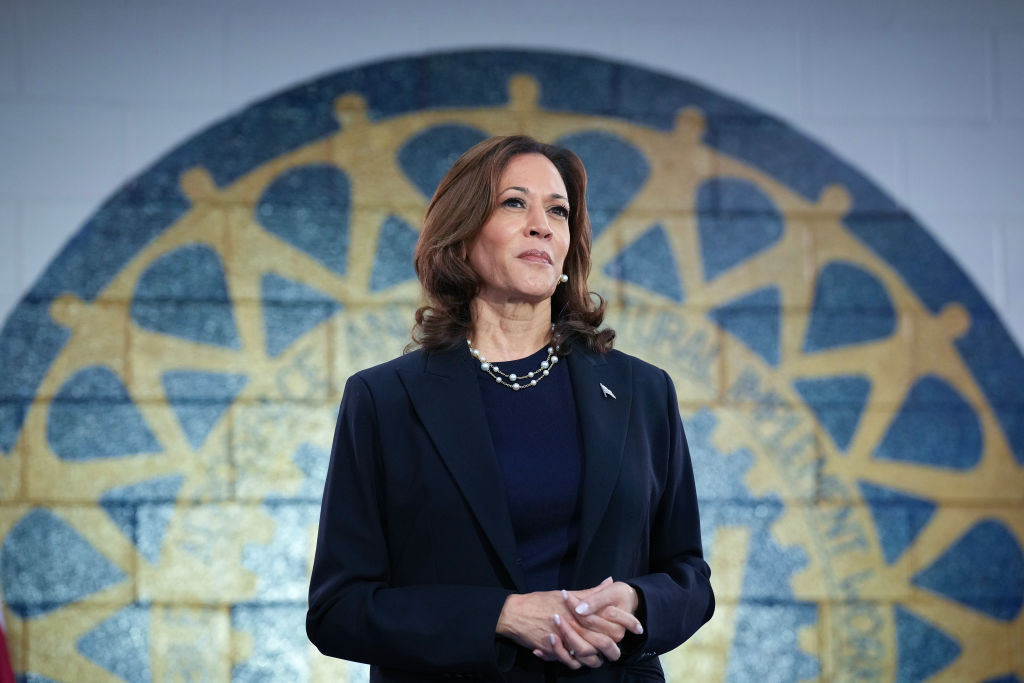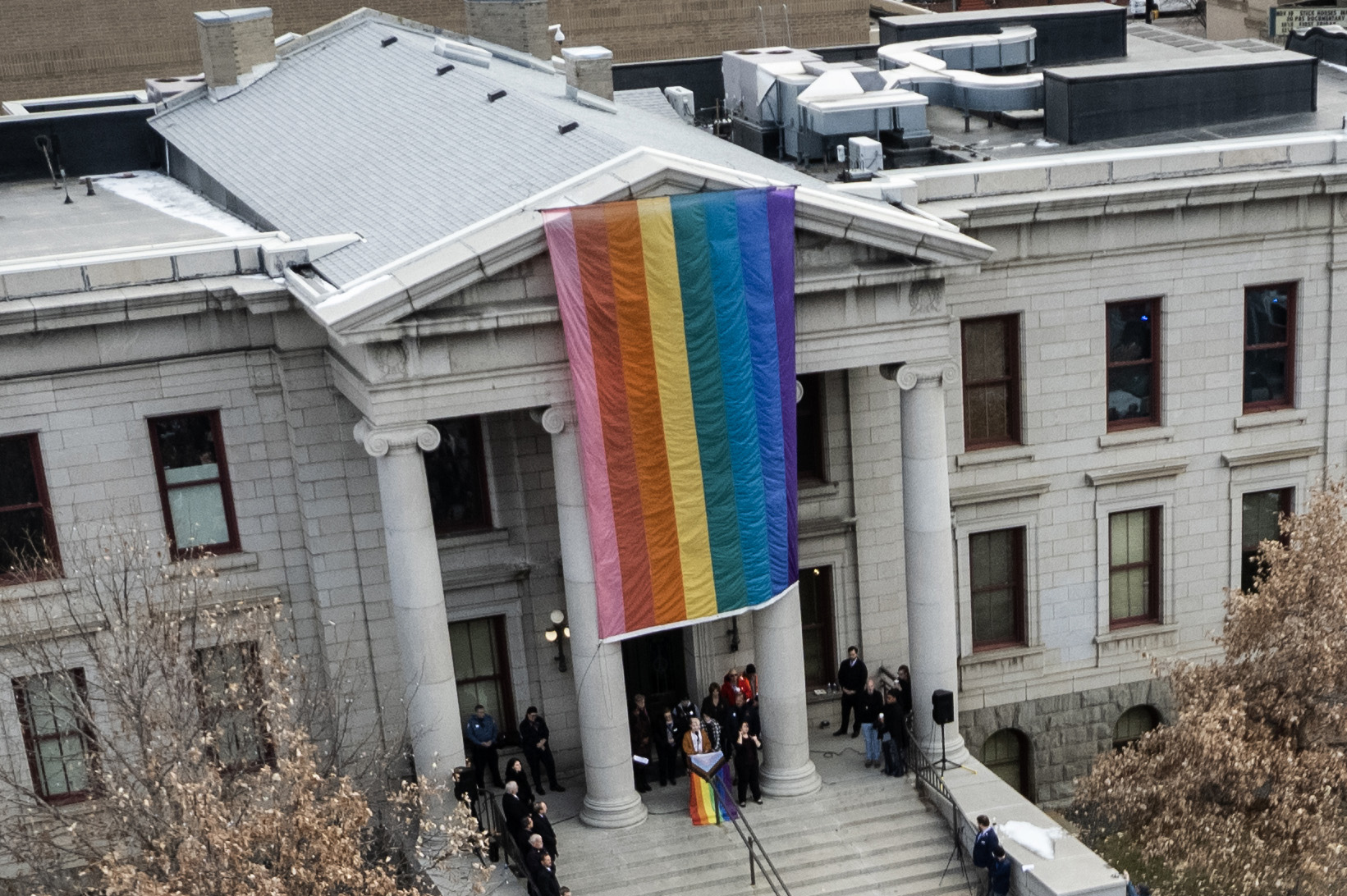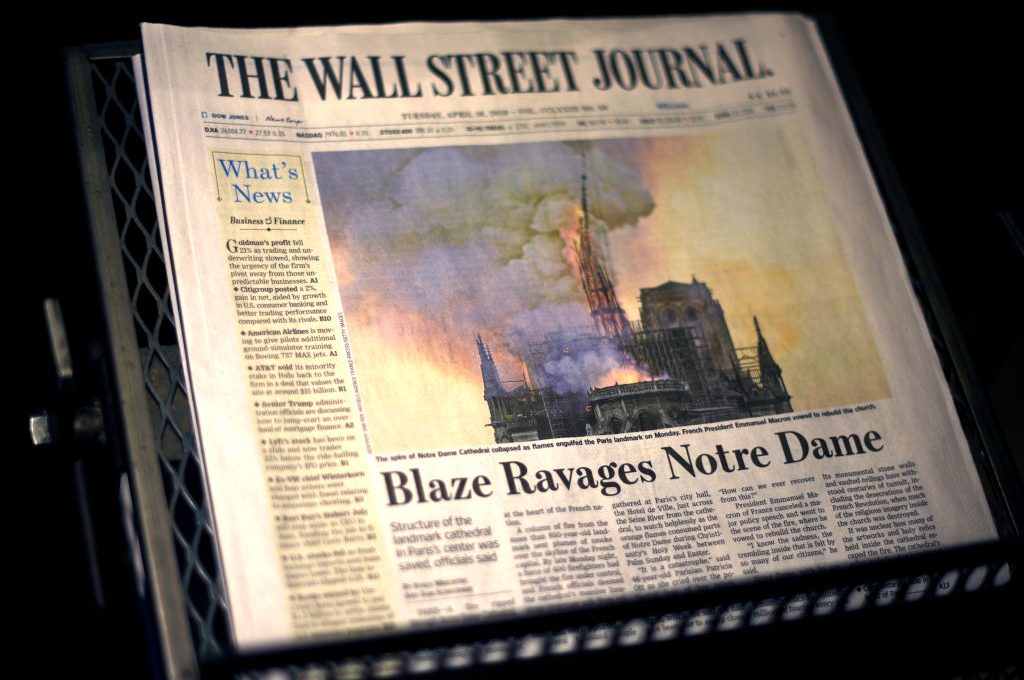If one of his erstwhile victims turned around and punched the schoolyard bully in the nose, you would feel like he had it coming, wouldn’t you? What if the same erstwhile victim was handed a broken bottle, and proceeded to leave the bully bleeding out on the basketball court?
That’s what happened to Gawker in March 2016, when a Florida jury awarded Terry Bollea, better known as Hulk Hogan, $140 million in damages from Gawker for violating his privacy by publishing a sex tape recorded without his consent. Several months later, Forbes revealed that billionaire PayPal founder and early Facebook investor Peter Thiel handed him the bottle.
The details of this conspiracy got a little clearer this week with the publication of a book by Ryan Holiday containing interviews with all the major players, Thiel, Nick Denton, founder of Gawker, the Hulk himself, and “Mr. A.” The latter was the link between Thiel and Bollea’s lawyers, who Thiel paid $25,000 monthly to dig up cases against Gawker they might be able to fund. Mr. A’s identity was revealed last week as Aron D’Souza, an Oxford-educated lawyer based in Melbourne.
It’s a remarkable story of a conspiracy — this is also the name of the book — spanning almost a decade, from the 2007 post outing Thiel as gay to his vicarious revenge nine years later.
Holiday hints at some lingering questions: whether there were strings attached either to the other lawsuits filed since Hogan’s became public, or to the Gamergate movement, of which Gawker was an early and key target starting in 2014. Gamergate, the details of which are too convoluted and stupid to recount here, is seen by many as a precursor to the alt-right, and managed to shame Gawker’s advertising partners out of doing business with the blog network, causing the loss of millions in revenue. Or short of strings, was there coordination or even just knowledge that someone with deep pockets was gunning for the company?
Gawker itself speculated that Charles Johnson, the conservative journalist-turned-right-wing troublemaker had knowledge of the Thiel suit. Johnson claimed to Cockburn that while he did not know Thiel was the man bankrolling Bollea, somebody had to be, given that at the time Bollea was not nearly wealthy enough to take on a company like Gawker. Johnson filed his own lawsuit under that assumption. “I’m proud of the role I played,” he says, and regards Thiel’s backing as “one of the greatest acts of philanthropy in modern times.”
Needless to say, those journalists who regard Gawker as a heroic institution and even a model don’t agree, and the revelations in Holiday’s book have prompted a flurry of doomy headlines, alleging the case had taken a “darker turn” (Vanity Fair) and, in a Fast Company headline that comes perilously close to being a lie, that Thiel “sought” to destroy Gawker in “illegal ways.” The means described in the article — hacking their computers, bugging their offices, or even stealing Nick Denton’s cell phone — come from Holiday in the book, not one of the conspirators, as things they could have done , and he also writes that illegal means were quickly dismissed by Thiel and D’Souza. This sort of misdirection is a good indication of where some journalists stand.
Fears about Thiel’s backing of the Gawker lawsuit having implications for the freedom of the press are overblown. The First Amendment was not at issue in the case, which concerned the right to privacy. And whoever may have conspired behind the scenes, it was six ordinary Floridians — who are definitely not part of Gawker’s target audience — who decided the company violated Hulk Hogan’s privacy by publishing a sex tape recorded without his permission. Most Americans would find it hard to disagree with them.



